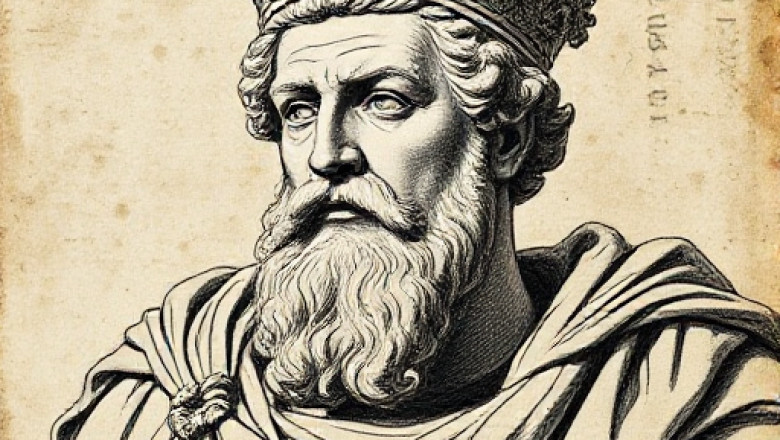
views
Gnaeus Pompeius Magnus: A Titan of the Roman Republic
Gnaeus Pompeius Magnus, better known as Pompey the Great, was a military and political leader whose career significantly shaped the history of Rome. Born on September 29, 106 BCE, in Picenum (modern-day Marche, Italy), Pompey's life was marked by extraordinary military exploits, complex political maneuvers, and ultimately, a tragic downfall.
Early Life and Rise to Power
Pompey was born into a wealthy and influential family. His father, Pompeius Strabo, was a prominent general and consul who played a crucial role in shaping Pompey's early ambitions. Following his father's death in 87 BCE, Pompey inherited a considerable fortune and a loyal client base.
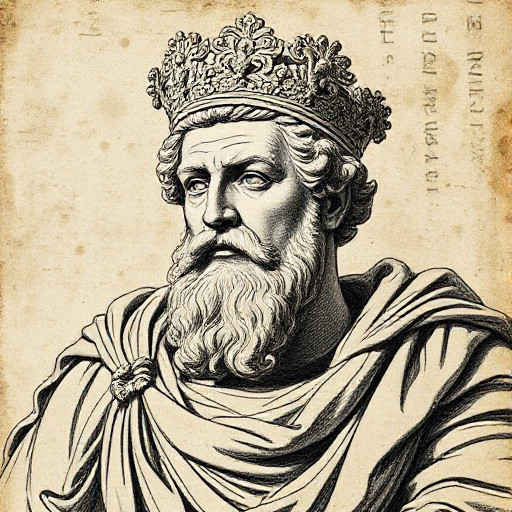
Pompey's military career began early, and he quickly proved his prowess. During the Social War (91-88 BCE), he served under his father, gaining invaluable experience. By the age of 23, Pompey had already demonstrated his strategic acumen and courage, earning him the nickname "Pompey the Great."
Military Achievements
Pompey's military achievements are legendary. In 83 BCE, he raised three legions to support Lucius Cornelius Sulla in his civil war against Gaius Marius. His success in Sicily and Africa earned him the prestigious title of "Imperator," a rare honor for someone so young.
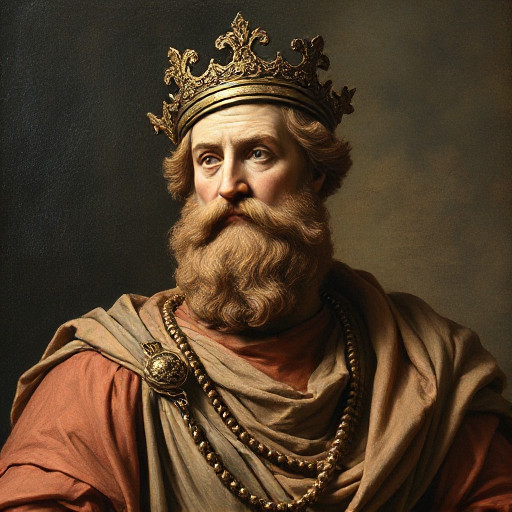
Pompey's campaigns extended across various regions. He subdued the Marian forces in Africa, securing Rome's grain supply and restoring stability. His subsequent campaign against the pirates in the Mediterranean (67 BCE) was a testament to his strategic brilliance. In just three months, Pompey eradicated the pirate threat, ensuring the safety of Roman trade routes.
Conquests in the East
One of Pompey's most significant accomplishments was his campaign in the East. In 66 BCE, he was given command to continue the war against Mithridates VI of Pontus. Pompey not only defeated Mithridates but also annexed significant territories, including Syria and Judaea, expanding Rome's influence in the Eastern Mediterranean.
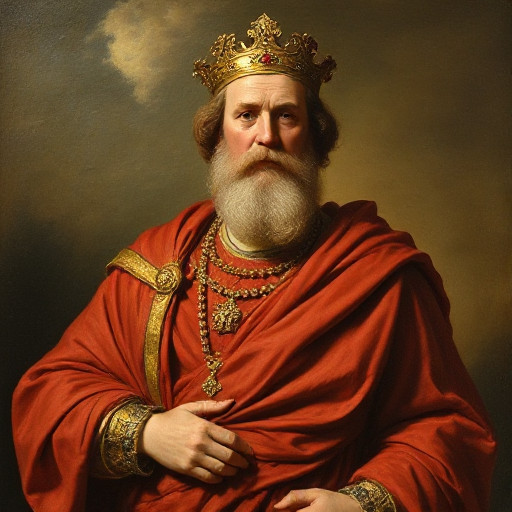
Pompey's reorganization of the Eastern provinces brought considerable wealth to Rome and solidified his reputation as a capable administrator. His triumph in 61 BCE, celebrating his victories in Africa, Asia, and Europe, was one of the grandest in Roman history.
Political Career and the First Triumvirate
Pompey's political career was as ambitious as his military endeavors. In 70 BCE, he served as consul alongside Marcus Licinius Crassus, one of Rome's wealthiest men. Their joint consulship marked the restoration of the tribunate's powers, a significant political reform.
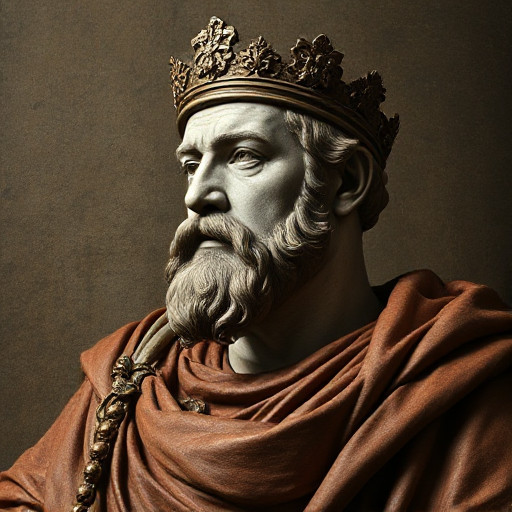
In 60 BCE, Pompey, Crassus, and Gaius Julius Caesar formed the First Triumvirate, an informal political alliance that dominated Roman politics. This alliance was mutually beneficial: Pompey provided military support, Crassus contributed his vast wealth, and Caesar brought his political acumen. Together, they controlled key aspects of the Roman state.
However, this alliance was fragile and eventually fractured. Crassus's death in 53 BCE and the growing rivalry between Pompey and Caesar strained their relationship. Pompey's alliance with the Senate and Caesar's rising power set the stage for a monumental conflict.
Civil War and Downfall
The breakdown of the First Triumvirate led to a civil war between Pompey and Caesar. In 49 BCE, Caesar crossed the Rubicon River, a direct challenge to Pompey's authority and the Senate's orders. Pompey, appointed by the Senate as the defender of the Republic, initially retreated to Greece to regroup his forces.
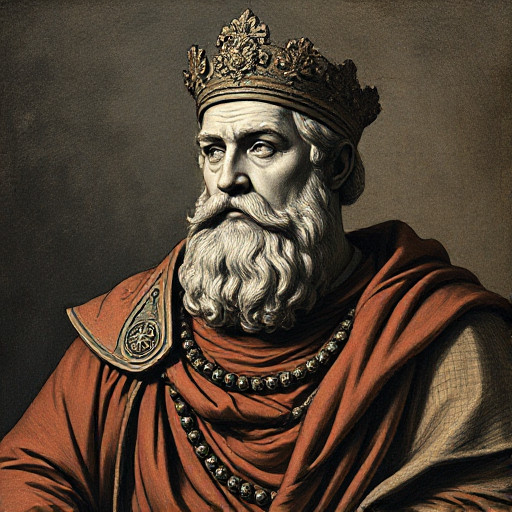
The decisive battle between Pompey and Caesar occurred at Pharsalus in 48 BCE. Despite having a larger army, Pompey was decisively defeated by Caesar's more experienced and strategically superior forces. Following the defeat, Pompey fled to Egypt, hoping to find refuge with the young Pharaoh Ptolemy XIII.
Tragically, Pompey's hopes were dashed. On September 28, 48 BCE, he was assassinated upon his arrival in Egypt, betrayed by those he sought to ally with. His death marked the end of an era and the beginning of Caesar's ascendancy.
Pompey's Influence on Rome's Political Landscape
Pompey's political acumen was evident in his ability to navigate the complex power dynamics of the Roman Republic. He was not just a military leader but also a shrewd politician who understood the importance of alliances and public favor. His marriage to Julia, the daughter of Julius Caesar, was a strategic move that temporarily cemented the bond between the two powerful figures and solidified the First Triumvirate's influence.
Reform and Administration
Pompey's influence extended beyond the battlefield and into the administrative realm. He was known for his efforts to implement reforms that benefitted the Roman provinces and the city of Rome itself. One of his notable contributions was the reorganization of Rome's grain supply, ensuring a stable and affordable distribution of food to the city's population. This reform won him the favor of the Roman plebeians and strengthened his political position.
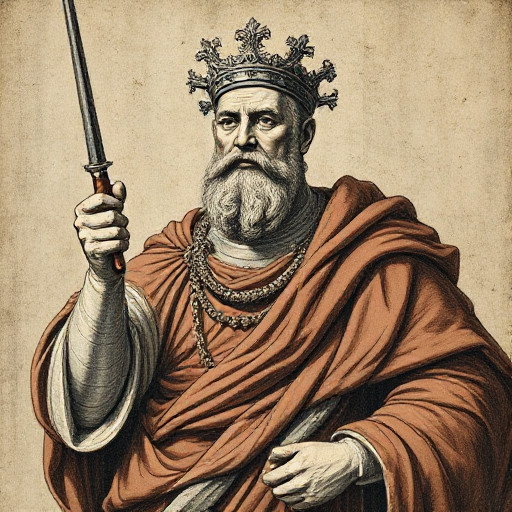
In the Eastern provinces, Pompey's administrative skills were crucial in stabilizing and integrating these regions into the Roman Empire. He established new provinces, reorganized existing ones, and implemented measures to promote economic growth and stability. His efforts in the East not only expanded Rome's territory but also increased its wealth and influence.
The Personal Side of Pompey
While Pompey is often remembered for his public achievements, his personal life also played a significant role in shaping his legacy. His marriages and familial connections were instrumental in his rise to power. His first marriage to Antistia, and later to Aemilia Scaura, were politically motivated unions that helped him secure alliances with influential families.
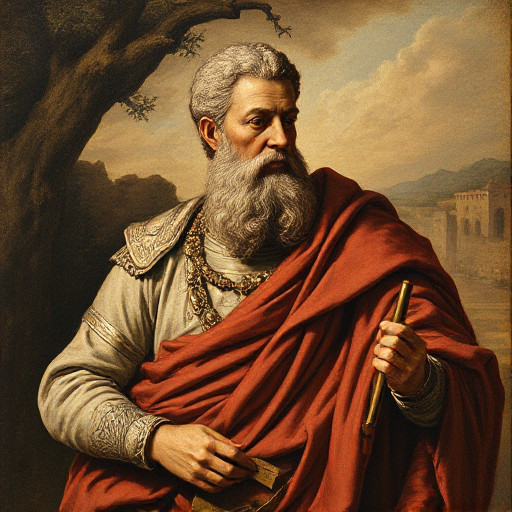
Pompey's marriage to Julia, Caesar's daughter, was particularly significant. This union was not only a symbol of the political alliance between Pompey and Caesar but also a genuine relationship that brought Pompey closer to Caesar's camp. Julia's death in childbirth in 54 BCE marked the beginning of the end for the First Triumvirate, as the personal bond that held Pompey and Caesar together was severed.
Pompey's Rivalry with Caesar
The rivalry between Pompey and Caesar is one of the most dramatic and well-documented conflicts in Roman history. Initially, their alliance through the First Triumvirate was mutually beneficial, but as Caesar's power and ambition grew, the relationship became strained.
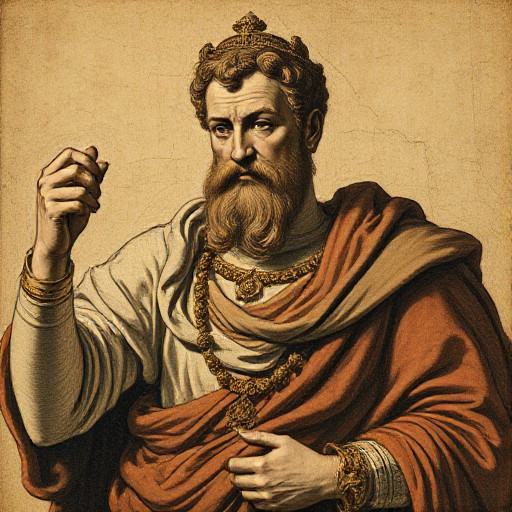
Pompey's decision to align himself with the Senate against Caesar was influenced by his belief that he was defending the Republic from Caesar's potential tyranny. However, this move led to a direct confrontation that culminated in the civil war. Pompey's initial strategy to delay direct confrontation and gather his forces ultimately failed, as Caesar's swift and decisive actions left Pompey unprepared for the Battle of Pharsalus.
Pompey's Death and Its Aftermath
Pompey's assassination in Egypt was a tragic and unceremonious end to a once-great leader. Betrayed by those he sought to ally with, his death marked a turning point in Roman history. The manner of his death shocked the Roman world and even his rival Caesar, who reportedly wept upon seeing Pompey's severed head.
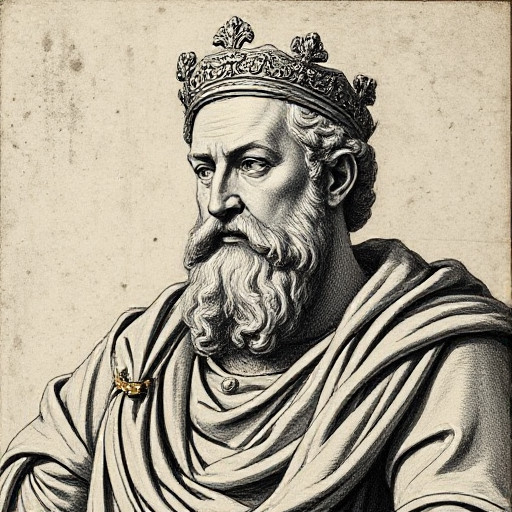
In the aftermath of his death, Pompey's legacy lived on through his supporters and family. His sons, Gnaeus and Sextus Pompey, continued to fight against Caesar and later Augustus, perpetuating the conflict that Pompey had once led. Sextus, in particular, became a significant figure in the later stages of the Roman Republic, leading a naval resistance against the Second Triumvirate.
Pompey's Impact on Roman Society and Governance
Pompey's influence extended beyond the military and political spheres, significantly impacting Roman society and governance. His administrative reforms and efforts to stabilize the provinces brought about lasting changes that continued to benefit Rome even after his death.
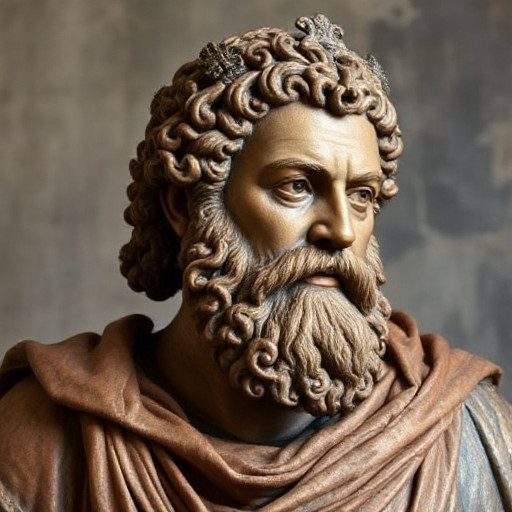
Provincial Reforms: In the provinces, Pompey implemented various measures to promote economic stability and growth. He reorganized the tax system to reduce corruption and ensure a more equitable distribution of wealth. By establishing efficient administrative structures, Pompey laid the groundwork for a more stable and prosperous Roman Empire.
Legal Reforms: Pompey also played a role in the development of Roman law. His influence in the Senate and his collaboration with other prominent figures contributed to the formulation of legal principles that would later be codified in Roman law. These reforms helped to create a more just and orderly society, providing a foundation for the legal systems of future civilizations.
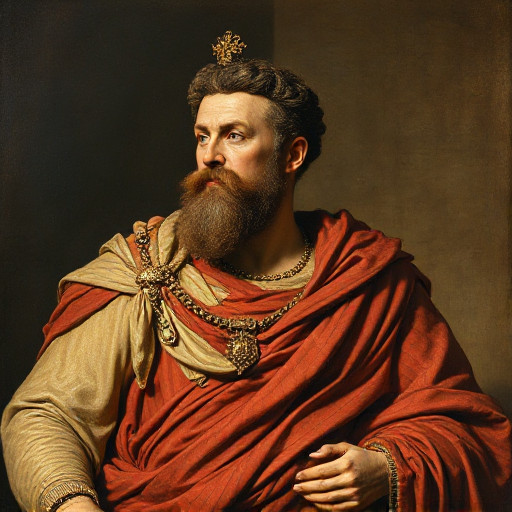
Public Works: As a benefactor of Rome, Pompey invested in numerous public works projects. He funded the construction of theaters, temples, and other public buildings, enhancing the city's infrastructure and cultural landscape. The most famous of these projects was the Theater of Pompey, which not only served as a venue for entertainment but also housed the Senate meeting place where Julius Caesar was assassinated in 44 BCE.
Military Innovations and Strategies
Pompey's military strategies and innovations left a lasting mark on Roman warfare. His ability to adapt to different combat situations and his strategic foresight set new standards for military leadership.
Flexible Command Structure: Unlike many of his contemporaries, Pompey favored a flexible command structure that allowed his subordinates to take initiative and adapt to changing circumstances on the battlefield. This approach proved effective in various campaigns, from his battles against Sertorius in Spain to his campaigns in the East.
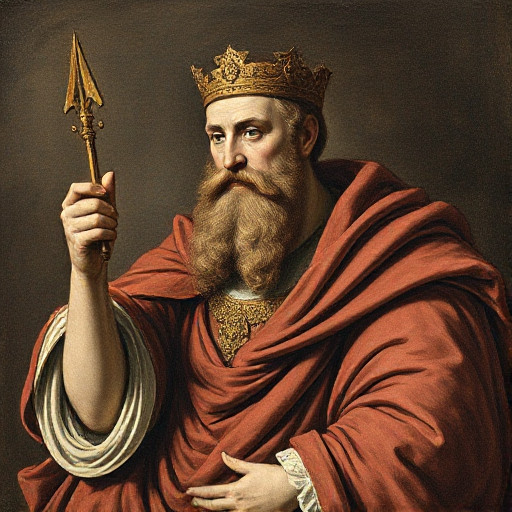
Logistics and Supply Lines: Pompey understood the importance of logistics and supply lines in maintaining an effective fighting force. He developed efficient supply chains to ensure that his troops were well-provisioned, even in remote and hostile territories. This logistical expertise played a crucial role in his success against the pirates and in his Eastern campaigns.
Naval Innovations: Pompey's campaign against the pirates of the Mediterranean showcased his naval prowess. He implemented innovative tactics, such as dividing the Mediterranean into zones and assigning commanders to each region, allowing for a coordinated and systematic eradication of pirate threats. His success in this endeavor secured Rome's maritime trade routes and boosted the empire's economic stability.
Cultural and Intellectual Contributions
Pompey's influence extended into the cultural and intellectual realms as well. He was a patron of the arts and literature, supporting poets, historians, and other intellectuals of his time.
Patronage of the Arts: Pompey's patronage extended to various artists and scholars, fostering a vibrant cultural environment in Rome. His support enabled the creation of numerous works of art and literature, contributing to the cultural richness of the late Republic.
Historiography: Pompey's campaigns and achievements were documented by contemporary historians, ensuring that his legacy would be preserved for future generations. His interactions with prominent writers and historians of his time helped to shape the narrative of Roman history, providing valuable insights into the events and personalities of the era.
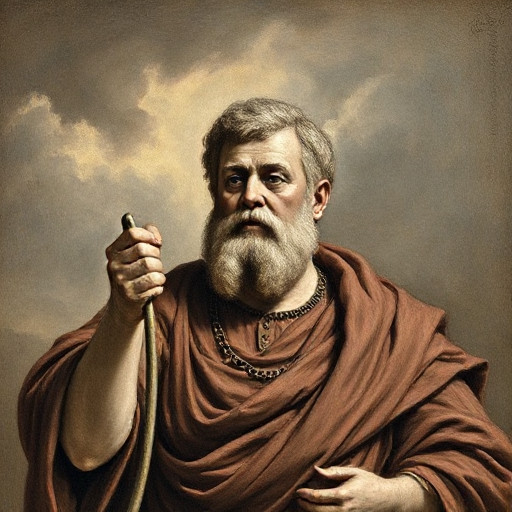
Cultural Exchange: Through his conquests and administrative reforms, Pompey facilitated cultural exchange between Rome and the diverse regions of the empire. His campaigns in the East, in particular, brought Roman culture into contact with the rich traditions of the Hellenistic world, leading to a blending of ideas and practices that enriched Roman society.
Pompey's Enduring Legacy
Gnaeus Pompeius Magnus's legacy endures not only through his military and political accomplishments but also through the lasting impact he had on Roman society and governance. His reforms, strategies, and cultural contributions continue to be studied and admired, offering valuable lessons in leadership, ambition, and the complexities of power.
Monuments and Memorials: Pompey's memory was preserved through various monuments and memorials erected in his honor. The Theater of Pompey remains one of the most significant architectural landmarks associated with him, symbolizing his contributions to Rome's cultural and political life.
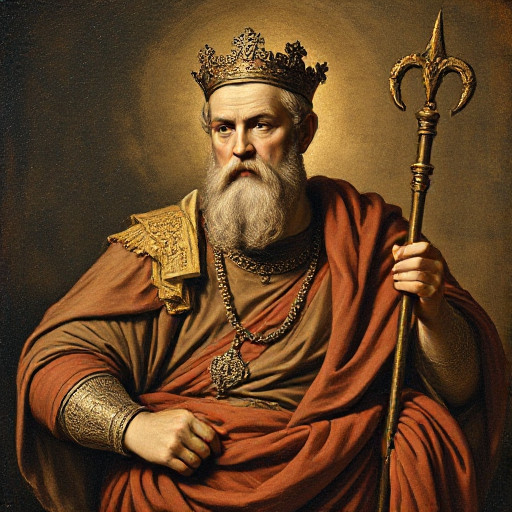
Historical Legacy: Historians and scholars have long debated Pompey's role in the downfall of the Roman Republic. While some view him as a defender of republican ideals, others criticize his ambition and political maneuvers as contributing factors to the Republic's decline. Despite these differing perspectives, Pompey's actions and decisions undeniably shaped the course of Roman history, leaving an indelible mark on the world.
Lessons for Future Generations: Pompey's life and career offer valuable lessons for future generations of leaders and historians. His strategic brilliance, administrative reforms, and complex political maneuvers provide a rich source of insights into the nature of power, ambition, and the delicate balance between military and political leadership.
Historical Legacy
Historians have long debated Pompey's legacy. While some view him as a tragic hero who fought to preserve the Republic, others criticize his ambition and political maneuvering as contributing to the very downfall he sought to prevent. Regardless of these differing perspectives, it is undeniable that Pompey's actions and decisions had a profound impact on the course of Roman history.
Pompey's legacy is also reflected in the art and literature of subsequent generations. His life and career have been depicted in various works of Roman and later Western literature, often highlighting his military genius, political skills, and the dramatic nature of his downfall.













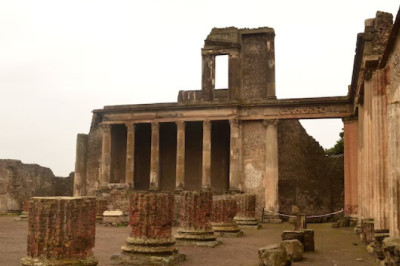


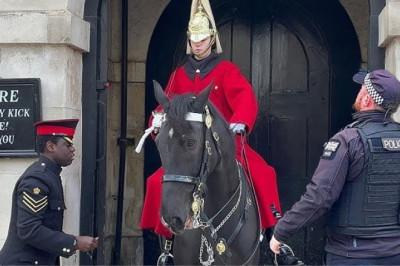



Comments
0 comment